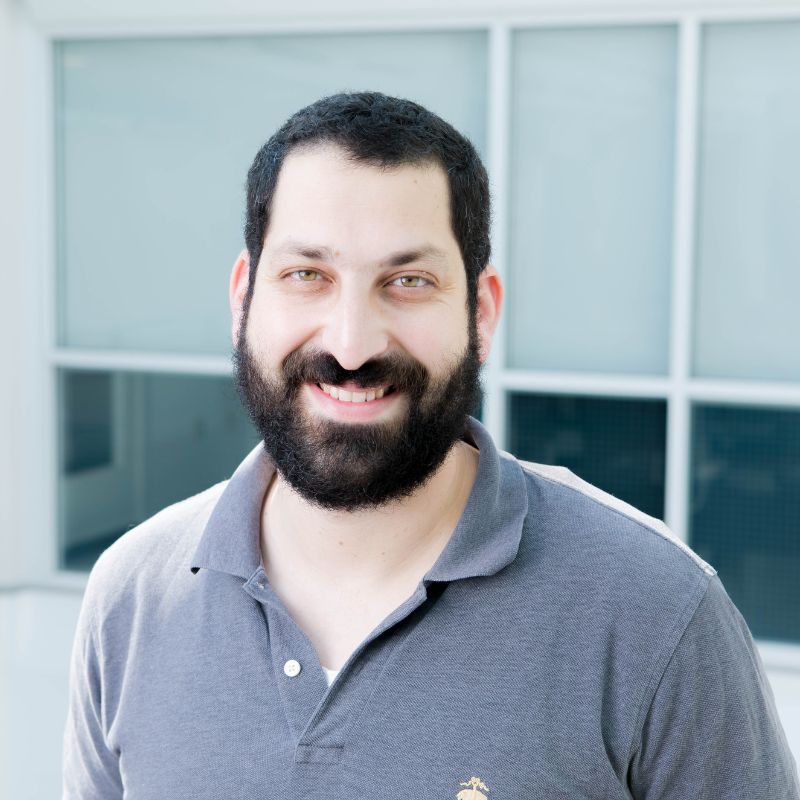Meet the Faculty
 Intercultural and Global Inquiry
Intercultural and Global Inquiry
84-323: War and Peace in the Contemporary Middle East
Featured Faculty: Dan Silverman
What do you love about teaching?
One of the things I most enjoy about teaching is, in fact, learning from the students. To be sure, I try to impart as much of my knowledge to them in my courses as I can. But my courses also tend to be very participatory and discussion-oriented, and I enjoy engaging with the unique questions, ideas, and experiences students bring to the table each semester. For example, I remember guest lecturing for a course on nuclear politics several years ago in which we discussed the idea of the “nuclear taboo” – that there is a widespread prohibition on using nuclear weapons around the world today. After briefly discussing the general concept, we just went around the room for a free-wheeling discussion about the extent to which people thought it was true. We had students from South Korea, Indonesia, the Middle East, Europe, Latin America, and the U.S. in that class, and everyone had different perspectives of how their communities thought about the issue. I think everyone left that class with a better understanding of the conditions under which publics might entertain nuclear weapons use in a conflict. Not every class has that geographic diversity, but they all bring a variety of unique perspectives and experiences that inform discussions and push them in new and exciting directions each semester.
What one piece of advice would you give your students?
This is one is particularly relevant for CMU undergrads: do less, and do it better! Our students are great, but some of them do have a tendency to overstretch themselves in pursuit of more degrees, more units, more lines on a resume. This leads to investing less deeply in each course, to just doing enough to “get by” in each one, and sometimes to mental health problems and burnout. I promise you – you’ll be better served by not double-majoring and triple-minoring, or otherwise overloading yourself on courses each semester, and investing more in each one. It will help you learn more deeply, impress more faculty, move more towards expertise and even knowledge production via things like research opportunities as an undergrad in the area(s) you’re focusing on – all of which are more important and more marketable than superficial breadth on a resume.
What are your current research interests?
My research focuses mostly on how individuals think about issues of security, peace, and conflict. Currently I’m working on a couple of projects related to Russia’s invasion of Ukraine. In addition to regular surveys that we’ve been fielding in Ukraine, I’m working with a team that has scraped millions of posts – and reactions to them – from the top 25 Russian and Ukrainian Telegram channels since the war began. We’re hoping to not just map out the Telegram discourse about the war, but to analyze specific issues such as the use of misinformation, the use of genocidal language, and the discussion of peace over time in that discourse – and how they have been shaped by developments on the ground in the war.
I also have several other ongoing projects on things like rebel leaders and their role in modern war and peace-making, the long-term consequences of exposure to bombing on populations’ attitudes, and how experiences with war shape people’s willingness to support nonviolent resistance movements.